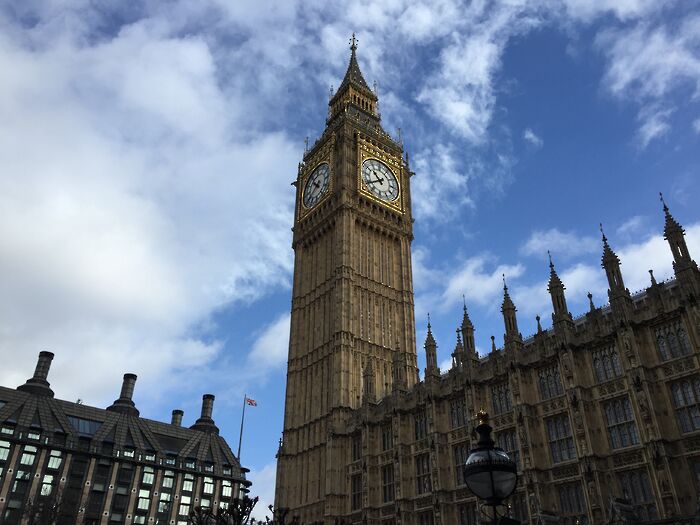We need to stop the marketisation of our universities
The government’s reforms are part of a worrying trend says Daisy Eyre – but you can help stop it

We have a chance today to make a difference to government policy on university fees.
Students starting at university this autumn will be paying at least £750–£1000 (depending on course length) more than we did over the course of their degrees – unless a vote in the House of Commons today can change things. This summer, Universities Minister Jo Johnson has, quietly and bureaucratically, developed legislation to allow most universities to charge £9,250 per year to new students. This is part of a fees model that now looks totally different to the already controversial model passed in 2010.
While Johnson has promised an independent review, if he gets his way, universities that do well in the Teaching Excellence Framework will be able to increase their fees with inflation, while universities that don’t do well will not. This means that by 2021, some students could be paying £4,000 per year more than others.
By linking fees to TEF, Johnson is starting to create a market in higher education, whereby universities are competing to be able to charge higher fees. This move has been criticised from various quarters, from the House of Lords to the National Union of Students, but today we have the chance to actually influence it.
Shadow Education Secretary Angela Rayner has forced a vote on inflationary fee rises, meaning that today, the House of Commons has one final chance to stop this fee increase in its tracks. Even if the vote proves not to be binding, our voices can be heard on a national stage. This debate is, as ex-CUSU president and current NUS VP Higher Education Amatey Doku writes, a first step towards “an overhaul of the system”. It is imperative that students have an input in these issues and I urge you to take action today!
“Students are left in the hands of a ruthless and impersonal marketplace”
I believe that the trend towards marketisation in higher education is causing increasingly worrying damage to universities and higher education across England and Wales. By treating education as a commodity, rather than a public good, students are left in the hands of a ruthless and impersonal marketplace. As MP Geraint Davies said: “How is equal opportunity consistent with allowing the best universities to raise their fees so that instead of the brightest getting access to those universities, the richest do?”
Today’s debate in the House of Commons means that every MP’s vote matters in determining whether we slide further into marketisation of higher education and rising debt for students or make a strong statement against such a system. There is an NUS briefing paper you could send your MP here. Let them know how you want them to vote.
So, tweet your MP today – right now!
 Interviews / You don’t need to peak at Cambridge, says Robin Harding31 December 2025
Interviews / You don’t need to peak at Cambridge, says Robin Harding31 December 2025 News / Unions protest handling of redundancies at Epidemiology Unit30 December 2025
News / Unions protest handling of redundancies at Epidemiology Unit30 December 2025 Comment / What happened to men at Cambridge?31 December 2025
Comment / What happened to men at Cambridge?31 December 2025 Features / ‘Treated like we’re incompetent’: ents officers on college micromanagement30 December 2025
Features / ‘Treated like we’re incompetent’: ents officers on college micromanagement30 December 2025 Theatre / We should be filming ADC productions31 December 2025
Theatre / We should be filming ADC productions31 December 2025








